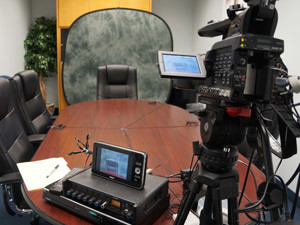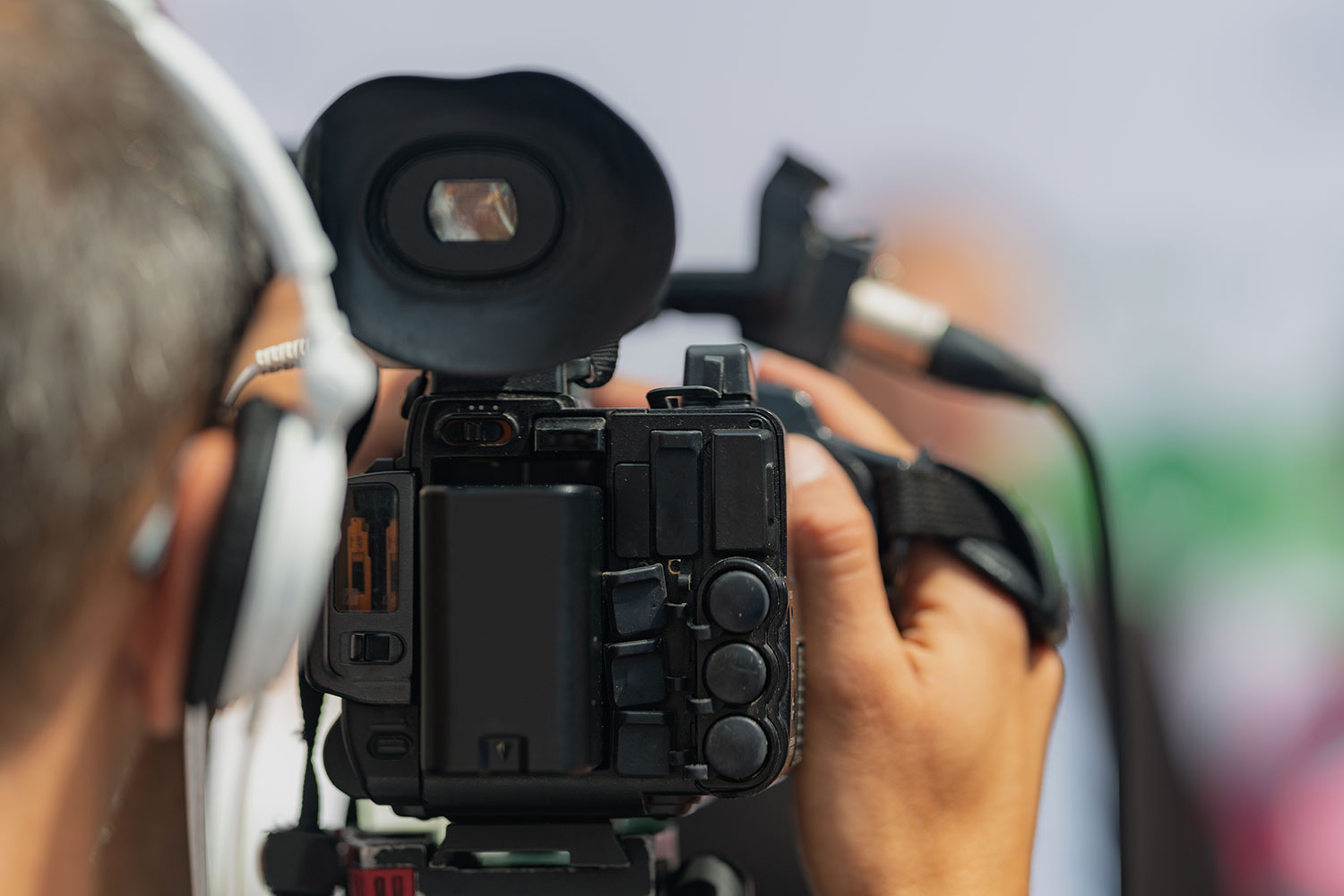Advanced Legal Videography Options for Legal Professionals.
Advanced Legal Videography Options for Legal Professionals.
Blog Article
The Role of Legal Videography in Depositions and Tests
Lawful videography has emerged as an essential device in both depositions and tests, providing a multifaceted technique to recording witness testaments. As legal specialists progressively recognize its worth, it motivates a much deeper evaluation of how these aesthetic documents can affect juror understandings and trial outcomes.
Importance of Lawful Videography
Legal videography plays a critical duty in the documentation and discussion of depositions and tests. This specific area integrates technical abilities with legal understanding to develop a reputable document of process that can considerably affect case outcomes. The appearance of legal videography enhances the understanding of witness testament, enabling jurors and courts to observe not just the talked words but also the demeanor, emotions, and body language of the witnesses.

The importance of lawful videography expands beyond the courtroom; it additionally plays an important function in protecting proof for future referral, whether for charms or more legal action. Its combination right into the legal process is vital for making certain a fair and precise depiction of the facts, inevitably adding to the search of justice.

Refine of Legal Videography
While capturing the subtleties of depositions and tests, the procedure of legal videography includes numerous essential actions that make certain high-quality, accurate recordings. A professional legal videographer prepares by reviewing the situation products and understanding the certain demands of the deposition or test. This prep work consists of familiarizing themselves with the participants and the context, which helps in recording relevant information.
On the day of the recording, the videographer establishes the necessary devices, which normally includes high-definition cams, microphones, and appropriate lights. Guaranteeing optimum angles and sound high quality is important, as it straight affects the efficiency of the recording. The videographer interacts with attorneys and individuals to develop methods, guaranteeing that everyone understands the recording process.
Throughout the deposition or trial, the videographer carefully tape-records the procedures, paying attention to both spoken and non-verbal hints. legal videography. This includes catching the attitude and reactions of witnesses and lawyers. After the session wraps up, the videographer might edit the video for clearness and compliance with legal criteria, creating a last product that precisely reflects the proceedings for future recommendation and use in legal contexts
Benefits in Depositions
The incorporation of videography in depositions uses numerous benefits that improve the overall procedure of collecting proof. One main advantage is the ability to catch witness testaments with aesthetic and auditory fidelity, offering a much more precise depiction of the witness's disposition, tone, and body movement. This multidimensional technique permits lawyers and courts to analyze integrity more efficiently than conventional written records alone.
Additionally, videographed depositions act as a powerful tool for maintaining statement. Should a witness become not available for trial, their tape-recorded deposition can be played in court, making certain that their evidence remains obtainable and relevant. This element considerably lowers the danger of losing critical information that can affect situation results.
Furthermore, using lawful videography advertises much better preparation for attorneys. Assessing video clip footage enables legal teams to assess and refine their approaches, determining strengths and weak points in their instances. This preparatory benefit can cause more compelling discussions in court.
Finally, videography boosts the total expertise of the deposition procedure, instilling confidence in customers relating to the thoroughness of their legal depiction. By leveraging technology, legal specialists can considerably boost the effectiveness of depositions.
Effect On Trials
In lots of tests, the integration of videography can dramatically influence the presentation of evidence and the jury's assumption. Legal videography captures witness testimonies and important proof in a dynamic style, allowing jurors to engage with the material on multiple levels. This visual part boosts the storytelling element of a trial, supplying context and emotional vibration that standard text-based proof might do not have.
Additionally, video recordings can act as powerful devices for impeachment during interrogation. When discrepancies arise between a witness's prior statements and their court room statement, video clip proof supplies an objective reference that can persuade jurors' viewpoints. This immediacy and quality can reinforce the this link credibility of an event's narrative while simultaneously weakening opposing debates.
Furthermore, the use of videography can aid improve intricate details, making it a lot more available to jurors who may battle to understand elaborate details offered exclusively via verbal testimony. By incorporating visuals with acoustic details, lawful videography can boost retention and understanding, eventually affecting the jury's decision-making process. The impact of videography in tests find prolongs past simple appearances; it plays a critical function in shaping the lawful landscape and outcomes.
Future Trends in Legal Videography
As we look toward the future of legal videography, a number of emerging patterns assure to reshape its duty within the court room. One significant trend is the combination of synthetic intelligence (AI) in video clip analysis and editing - legal videography. AI can streamline the procedure of determining key minutes in tape-recorded depositions, permitting attorneys to rapidly access appropriate material, consequently enhancing efficiency in case preparation
Furthermore, the rise of virtual truth (VR) and increased reality (AR) technologies is expected to change exactly how jurors experience proof. By immersing jurors in a substitute atmosphere, these technologies can give a more extensive understanding of complicated circumstances, bring about even more informed deliberations.

Additionally, the enhancing demand for remote depositions, accelerated by the COVID-19 pandemic, will likely continue. Lawful videographers will need to adjust to brand-new software and systems to guarantee high-grade recordings in virtual setups.
Finally, the expanding focus on data safety will certainly demand stricter methods for keeping and sharing video evidence. As the lawful landscape evolves, legal videographers need to remain abreast of these trends to maintain their relevance and effectiveness in the judicial procedure.

Conclusion
In summary, lawful videography offers an essential function in the judicial procedure, improving the stability of depositions Related Site and trials. By catching the nuances of witness statements, this medium not only preserves necessary proof yet also aids in providing info effectively to jurors. The importance of aesthetic documents in examining credibility and assisting in cross-examination can not be overemphasized. As modern technology continues to evolve, legal videography is poised to more change its function within the legal landscape.
Report this page